Faculty Affiliates at UNM
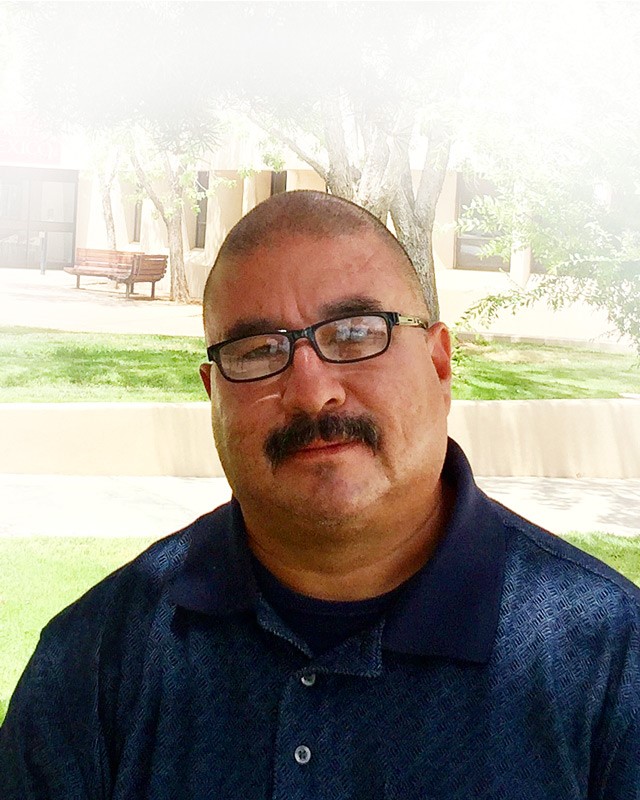 Joe Garcia
Joe Garcia
Instructor of Community-Based Learning, Chicana and Chicano Studies Department, UNM
Areas of Expertise: Transformative Learning, Community Based Learning, Ecological Literacy, Horticulture Science and Holistic Education
Joe is also a Community Capacity Builder at the UNM Community Engagement Center and facilitates Community Based Learning for the UNM School of Engineering National Science Foundation STEM Scholars program.
Guiding Quote: “To forget how to dig the earth and tend to the soil is to forget ourselves.” -Mahatma Gandhi
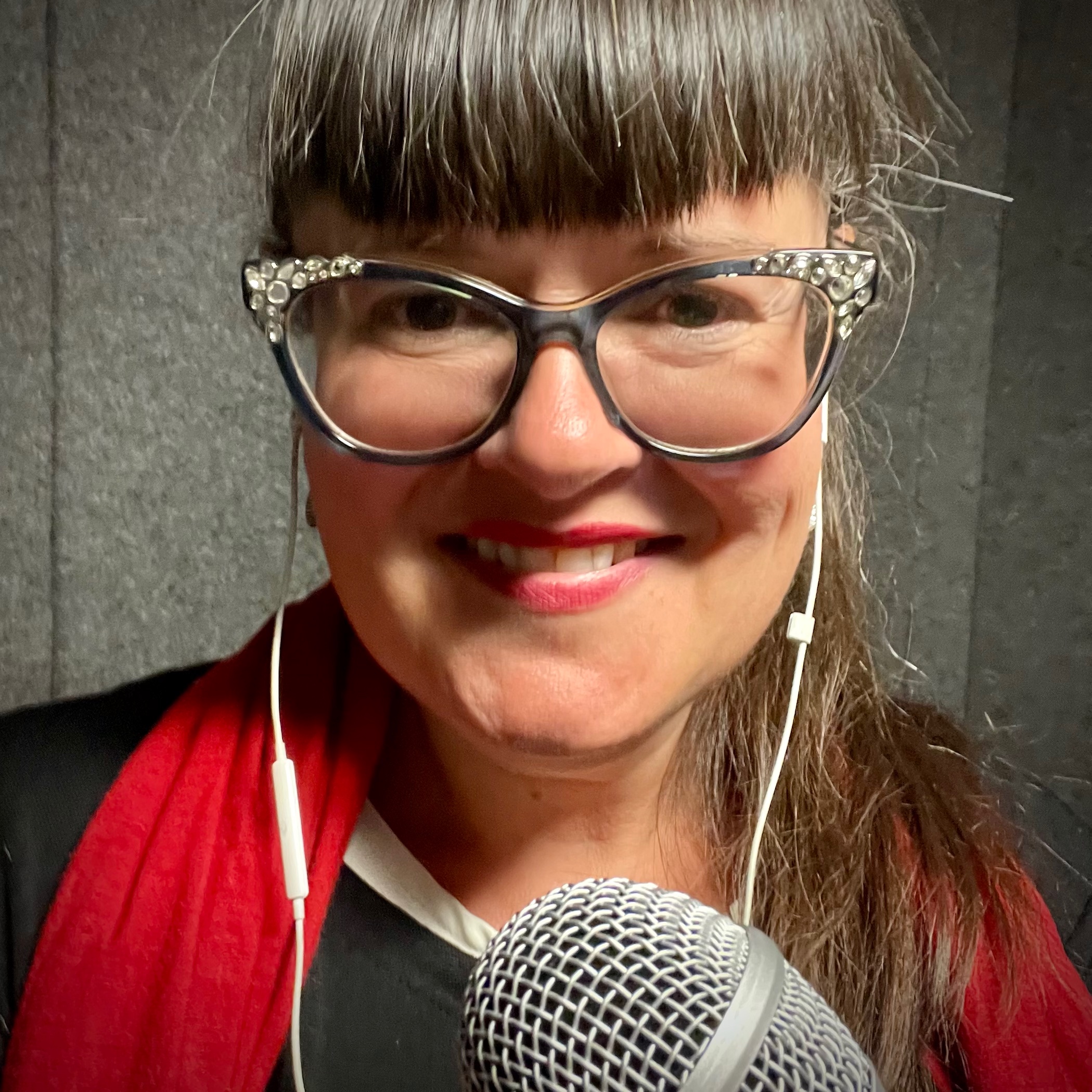 Gwyneth Doland
Gwyneth Doland
Professor of Practice, Department of Communication & Journalism, UNM
Areas of Expertise: Multimedia journalism, government accountability reporting, cultural criticism
Gwyneth Doland teaches courses in news writing and media ethics and law in the Department of Communication and Journalism. She has been a journalist for 25 years, working in newspapers, magazines, on television, radio and online. She spent nearly 10 years as a food writer before shifting to public affairs. Since 2010 she has covered the state legislature as political correspondent for New Mexico PBS. Gwyneth was previously the executive director of the New Mexico Foundation for Open Government, and has served on the boards of the Journalism and Women Symposium and the Society of Professional Journalists, Rio Grande Chapter. Her report on government accountability for the Center for Public Integrity in Washington, D.C. was a finalist for the Goldsmith Prize from Harvard’s Kennedy School of Government. Her work has been honored with a First Amendment Award from ACLU-NM as well as awards from SPJ, the National Federation of Press Women, the Association for Alternative Newsweeklies, the International Regional Magazine Association and the New Mexico Broadcasters Association.
Dr. Claudia B. Pratesi
Assistant Professor, College of Population Health, UNM
Areas of Expertise: Environmental Health, Plastic Pollution, One Health
Dr. Pratesi is an assistant professor in Environmental and Occupational Health and Fundamentals of One Health at the College of Population Health (COPH). Currently, Dr. Pratesi is spearheading the development of an Environmental Health Equity concentration for the Master’s in Public Health program at COPH while also pioneering dual-degree programs in collaboration with the Pharmacy and Water Resources departments.
Dr. Pratesi has experience in researching and designing across various subject areas. Noteworthy contributions include investigations into celiac disease, Kawasaki disease, quality of life assessments, molecular evaluation of phenolic lipids, and the presence of microplastics in tap water, beer, and sugar.
Dr. Thomas De Pree
ASERT Postdoctoral Fellow, METALS Superfund Research Program, UNM
Areas of Expertise: environmental anthropology, political ecology, science and technology studies (STS)
My past academic scholarship is rooted in community engagement with the Multicultural Alliance for a Safe Environment (MASE)—a regional NGO that coordinates the efforts of five local grassroots groups from the former Grants uranium mining district. Based on over two years of multi-locale ethnographic research on the relationship between local communities, government employees, and transnational mining corporations, my past research examined different stakeholder perspectives, the diverse forms of expertise, and the dense entanglements of science, technology, and politics invested in “reclaiming” abandoned mine lands, “remediating” contaminated sites, and “restoring” the natural and cultural resources of northwestern New Mexico. In my current role in the UNM METALS Community Engagement Core, I aim to advance understanding of how local Indigenous knowledge, history, experiences, and methods can transform population-based health studies aimed at developing strategies to reduce risks from abandoned uranium mines (AUMs) on community land uses, air, water, and health.
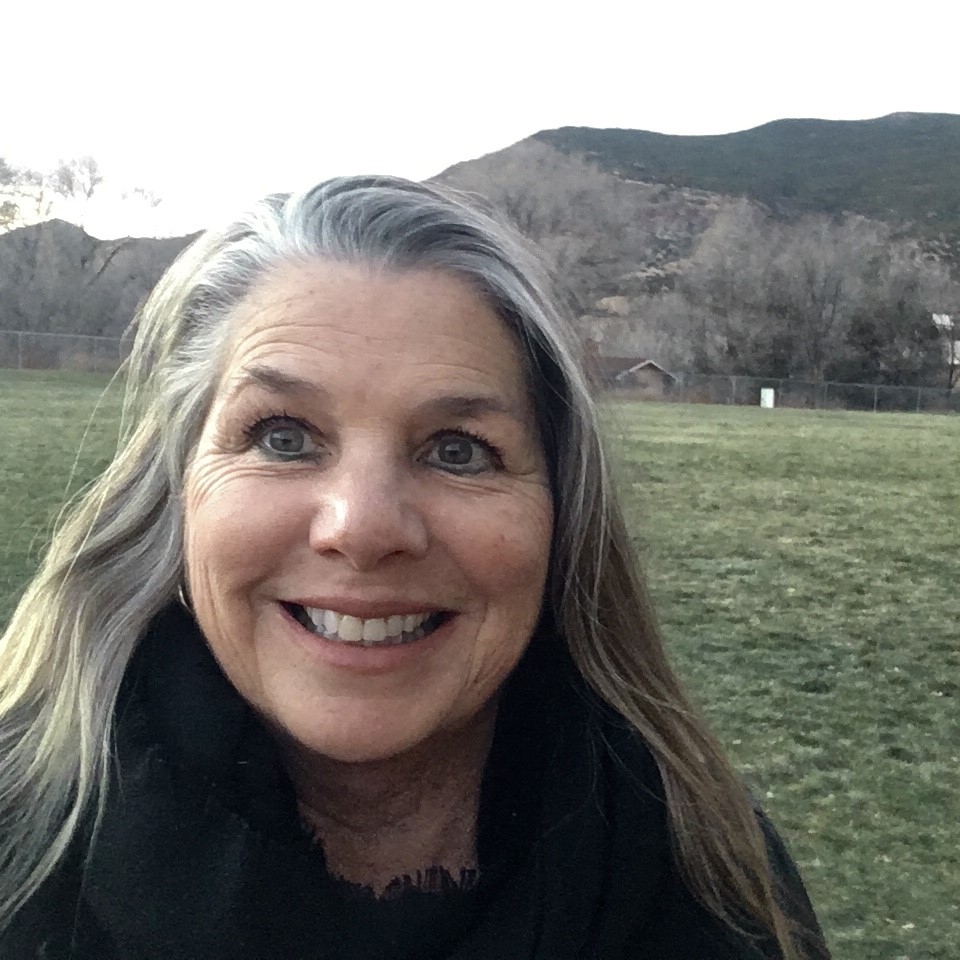
Dr. Michelle Hall Kells
Director of Graduate Studies, Department of Chicana and Chicano Studies
Areas of Expertise: environmental rhetoric, community literacy, ecopoetics
Dr. Michelle Hall Kells is Associate Professor in Rhetoric and Writing at the Department of Chicana and Chicano Studies where she serves as the Director of Graduate Studies. Kells teaches courses in Chicana/o civil rights and environmental justice as well as ethnolinguistic diversity and language equality education. Kells has published five books and more than thirty articles and chapters focusing on rhetoric and ecology, transcultural literacy, and community activism.
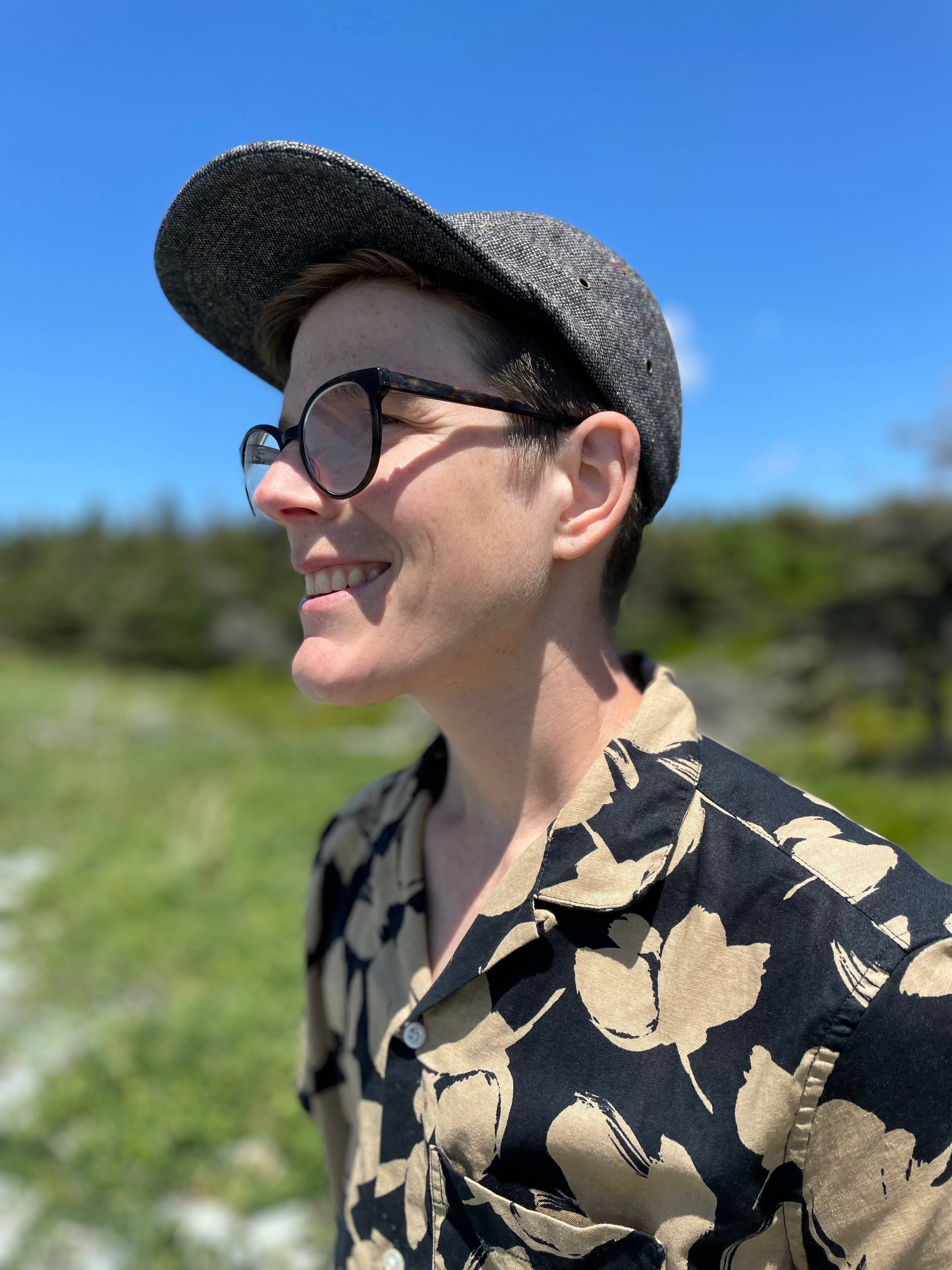 Dr. Silas Grant
Dr. Silas Grant
Campaigner with the Climate Law Institute at the Center for Biological Diversity Assistant Professor, Geography and Environmental Studies
Areas of Expertise: Environmental justice, law and space, science and technology, queer and trans studies
Dr. Silas Grant is an organizer, educator, and researcher working on climate change and just transition in New Mexico. As a cultural anthropologist and geographer, they are interested in questions of jurisdiction, knowledge production, coloniality, and affect. Grant's current research projects focus on understanding and addressing the impacts of fracking across the Greater Chaco Landscape of northwestern New Mexico, and on examining the intersections of struggles for environmental justice and queer and trans liberation.
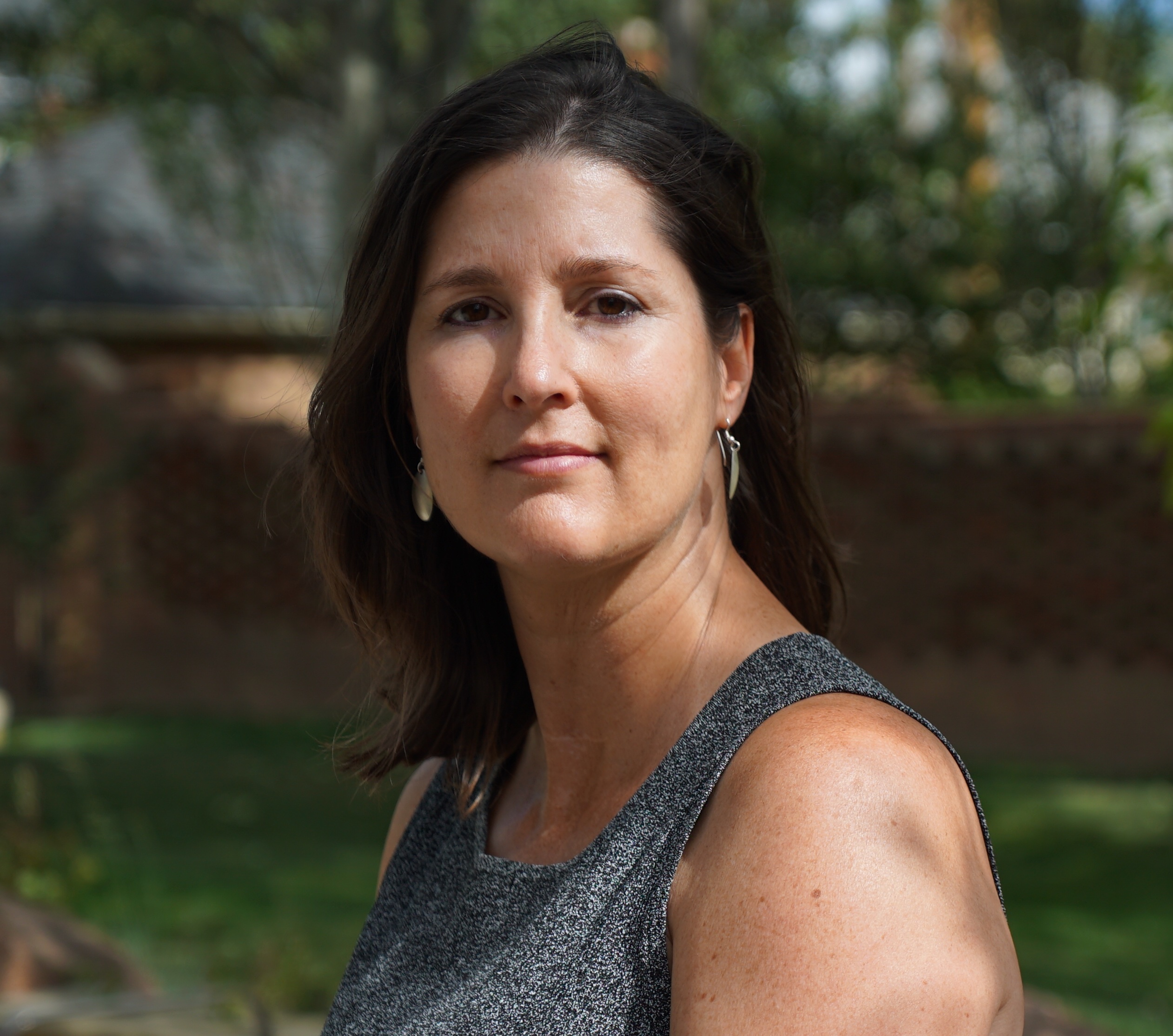
Dr. Melinda Morgan
Professor, Geography and Environmental Studies
Areas of Expertise: environmental governance, legal geography, public lands in the American West
Professor Morgan’s research focuses on environmental governance. She is particularly interested in understanding the next generation of tools and approaches to biodiversity loss, climate change and other environmental challenges and how those new ideas interface with existing legal and regulatory requirements.
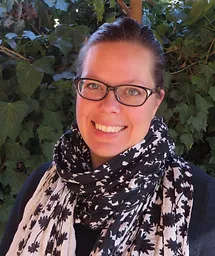
Dr. Marygold Walsh-Dilley
Associate Professor, Geography and Environmental Studies
Areas of Expertise: political ecology, food and agricultural systems, rural development, modernity/coloniality, agrarian change, climate change, vulnerabilty and resilience, qualitative methods, Andes
Dr. Marygold Walsh-Dilley is an interdisciplinary social scientist, often working at the intersection of geography, sociology, and anthropology. She draws on political ecological frameworks to connect the social and ecological worlds of food, agriculture, climate change and rural development.
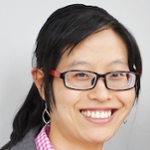
Dr. Liping Yang
Assistant Professor, Department of Geography and Environmental Studies and Department of Computer Science
Areas of Expertise: GeoAI, (geospatial) big data, geovisualization, computer vision, Remote sensing
Dr. Yang is a geospatial computer scientist. She directs the GeoAIR Lab, the focus of which are developing novel GeoAI methods and solving problems in various domains (e.g., climate change, emerging pathogen detection, and community engaged research and teaching) by leveraging GeoAI and Geovisualization.
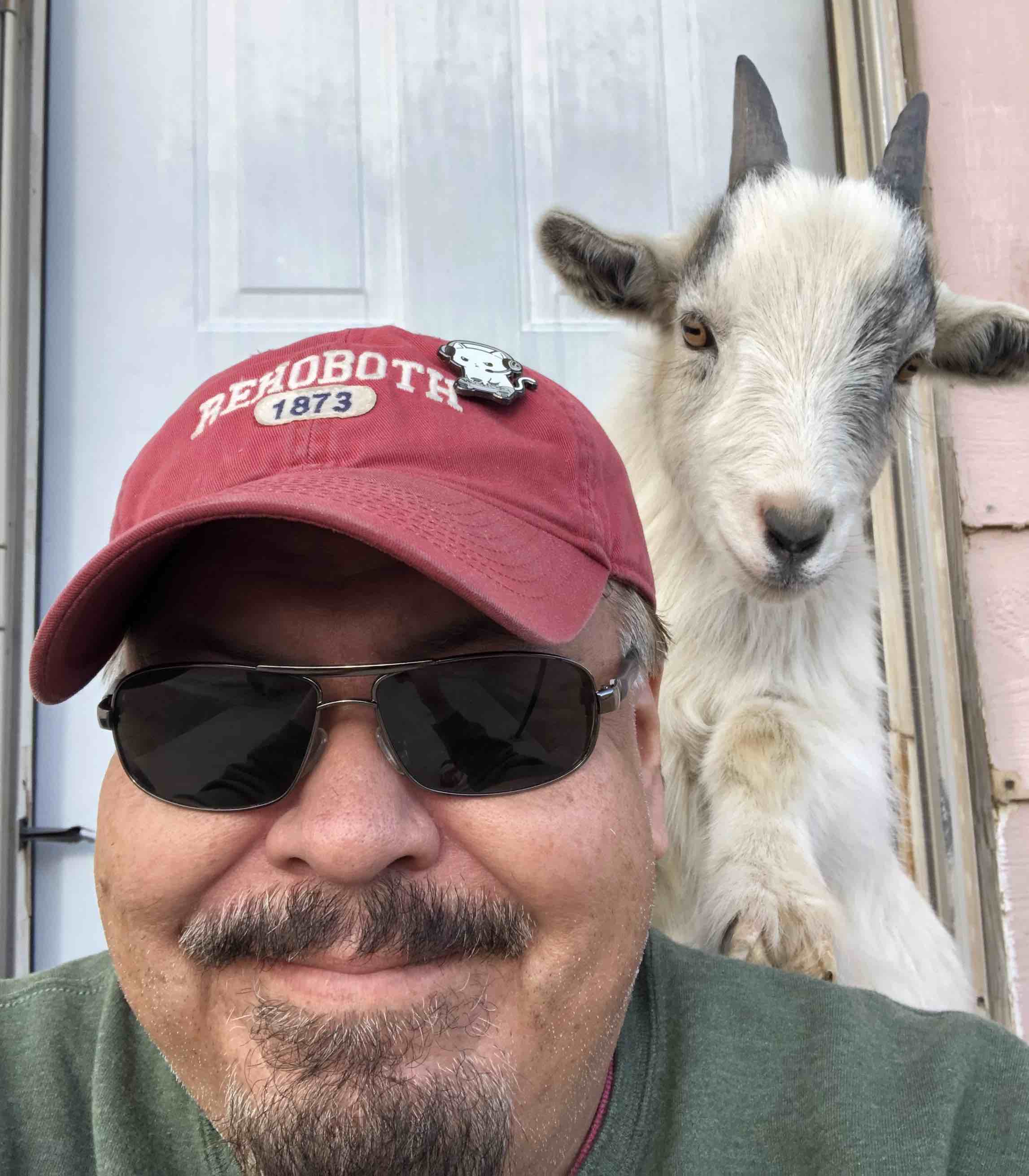 Dr. Milford Muskett (Diné)
Dr. Milford Muskett (Diné)
Department Chair for Advanced Technology Education and STEM at Southwestern Indian Polytechnic Institute (SIPI)
Areas of Expertise: Environmental Studies, Law, History, and Sustainability, Equity and Inclusion
Dr. Milford Muskett oversees programs that are part of the Technology Education and STEM programs. Dr. Muskett’s research and teaching focuses on Indigenous Sciences, Native American Environmental History and Culturally Relevant and Responsive Teaching and Learning with Native Americans. He currently service as a Member of the National Environmental Education Advisory Council (NEEAC). He is currently the PI for the NNSA – Manufacturing Technology Grant with Navajo Technical University, Environmental Stewardship from American Indian College Fund, BIA-ECRM Environmental Justice Grant, and is Co-PD for the USDA/NIFA Extension Grant and the USDA/NIFA Equity Grant.
Faculty Affiliation Program
Applications for faculty affiliation for the Center for Community Geography are now closed, check back for application dates and deadlines in the Spring.

